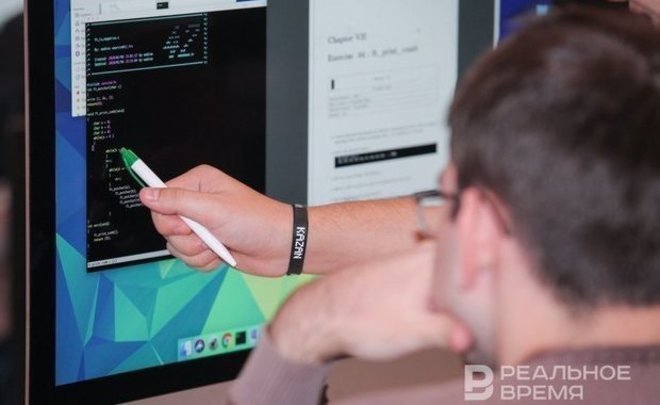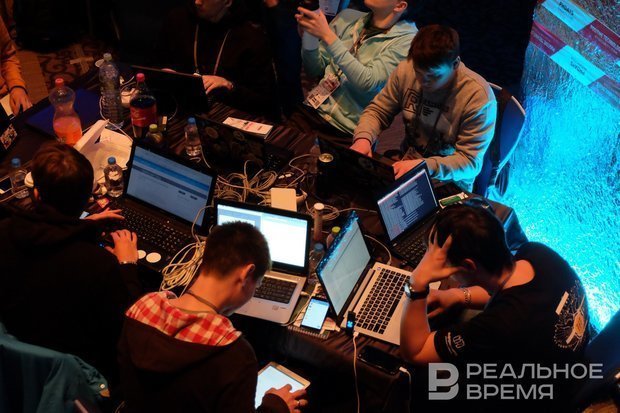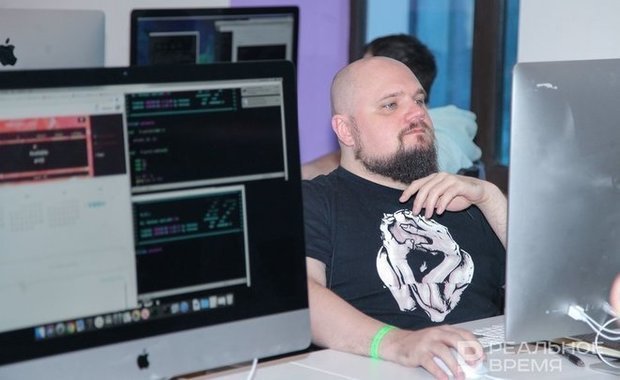KNRTU-KAI to simulate electrodynamics on Swedish software under license for 1.2m rub

Software will be used by the institution as part of its standard curriculum
As Realnoe Vremya found out, the Kazan National Research Technical University named after Tupolev (KNRTU-KAI) is going to buy a license for the use of software for modelling electrodynamic processes for 1,2 million rubles. We are talking about the Swedish software COMSOL Multiphysics, widely used in various types of industry.
It is necessary to provide this service within 30 days from the date of conclusion of the contract. Along with the granting of a license, the university should also be provided with technical support through a specialised online resource. It is clarified that the software will be used by the institution as part of its standard curriculum.
It is worth noting that this purchase also has several important conditions:
- The parties are prohibited from reselling; renting; transferring to any third party; remarketing or demonstration.
- It is also prohibited to perform actions to bypass the technical means of protection built into the software.
- It is forbidden to extract, decompile, translate or disassemble the source code.
The purchased software must have several modules: AC/DC, radio frequencies, wave optics, geometric optics, plasma, semiconductors, as well as a library of materials. Its validity period is one year, and it will work on 64-bit Windows, macOS, and Linux operating systems.

COMSOL maintains presence in Russia
Many foreign vendors left the Russian market after the beginning of the special military operation and the rupture of relations with Western countries. However, the office of the Swedish company COMSOL at the end of 2022 concluded a partnership agreement on the promotion of its software with Computational Mechanics Laboratory PLC. COMSOL Multiphysics is still used by a number of domestic enterprises and universities, and the company itself, despite the fact that its head office is located in an unfriendly country, retains its presence in Russia.
According to the information provided on the official website of the company, this software is aimed at solving problems in mechanics, acoustics, hydro-gas dynamics, optics, chemistry and other fields.
It should be noted that COMSOL group includes 17 offices and a distribution network around the world. The company, founded in 1986 in Stockholm, today has more than 450 employees on three continents.

The path from a neutral country to a member of the anti-Russian coalition
With the beginning of the special military operation in Ukraine, Sweden, like most Western countries, supported the introduction of all kinds of restrictions and sanctions against Russia. At the beginning of March last year, it closed its airspace to Russian aircraft, expelled all ambassadors, thereby severing diplomatic ties.
After that, the state began the gradual withdrawal of its businesses. For example, IKEA left the domestic market, depriving more than 10 thousand of its employees in Russia of work. Along with it, the well-known OBI and Essity, which owns the trademarks Zewa, Libero and Libresse, left the country.
As part of Ukraine's support, Sweden has also started supplying weapons and ammunition for the Armed Forces. For example, already by the end of 2022, it handed over seven packages of military assistance. Most of them reached about 500 million Swedish kronor (about $48 million). They included: anti-tank weapons, machine guns, Robot 17 anti-ship missiles, Archer artillery systems and more.
Moreover, in order to protect its interests, Sweden, united with Finland, decided to join NATO. Disputes about their entry into the alliance lasted for a whole year. But when the majority of politicians both abroad and at home agreed with this decision, the doors to the association were practically closed.
This February, Turkish President Recep Tayyip Erdogan stated that Ankara would not approve Sweden's application to join NATO. The Turkish leader explained his position on this issue by the events in Stockholm on January 21, when the founder and leader of the Danish far-right party Stram Kurs, Rasmus Paludan, burned a Koran in front of the Turkish embassy.
It is worth noting that on 22 March the Swedish Parliament supported joining the North Atlantic Alliance by a majority of votes. 269 deputies voted for joining the alliance. 37 members of the parliament opposed it.